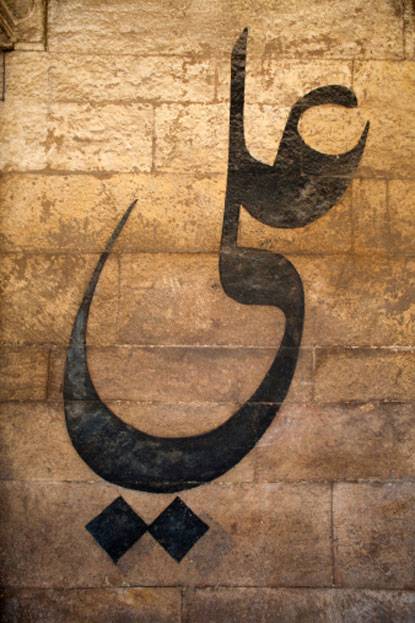When Intizar Hussain writes, everyone pays attention. The India-born-Pakistani writer, well-known even beyond the boundaries of the sub-continent, recently wrote about the Jashn-e-Rekhta — the two-day Urdu literary festival held in Delhi earlier this month.
He said: “I am returning (to Pakistan) after witnessing the biggest literary festival. This festival of Urdu was celebrated under the title Jashn-e-Rekhta and held at the India International Center, a central place in the Indian capital.”
He added: “Friends and others believed that the tradition of Urdu has come to an end in Delhi. Oh! no. This is not the case. Like the sun, Urdu went down here and has reemerged there. It is the magic of Urdu that is mesmerizing the public. Such big gathering; such big crowds might not have been seen at the India International Centre before. The crowd was not that of the traditional Urdu audience that are seen at mushairas trying to bring down the roof with their wah wah, subhanalla and repetition demand. This crowd was that of the sons and daughters of Delhi who have got introduced to the thrill of Urdu through Hindi and English.”
Clearly, from the tone of his two-part article published by a Pakistani daily, it is certain that the Man Booker nominee of 2013 was suitably impressed with the language gathering new admirers.
A Hyderabad-based academic Shams Imran who attended the festival is baffled at the response the event received. “While there is no denying the fact that hordes of people from Gen X are flocking to Urdu for its emotional quotient, the event became a roaring success not merely because of the celebrity participants but because of the imaginative public-friendly planning,” he said.
But why name it Jashn-e-Rekhta (a name that preceded Urdu, the language as it is known today) and not Jashn-e-Urdu?
While the answer could be there in the tombs of information available on the popular Rekhta website, what comes to mind on hearing it is the history of Urdu, the language that represents one of the finest examples of the fusion of Indo-Islamic cultures.
According to some scholars, the first seeds of Urdu were sown with the arrival of Muslim groups from Arabia to India some 1,300 years ago, who brought with them the Arabic language. The later groups came from Afghanistan and Central Asia who carried with them the Persian language and Turkic dialects. It took a distinct form during the last phase of the Sultanate that coincides with the era of Amir Khusrau who used a language that had words from Sanskrit, Bhasha, Persian, Turkish, Arabic and Persian. As Persian or Farsi was taking roots during the Mughal era in Delhi, down in the Deccan, Mohammed Quli Qutb Shah was writing poetry-Piya baaj pyala piya jayena…It was called Deccani in the South then.
The Rekhta or an initial variant of Urdu was still not considered a language to pen poetry. It was merely the lingo of the common folk in bazaars, streets and lanes. Two men from the Deccan, Wali Deccani and Siraj Aurangabadi, discovered the potential of Rektha to be used as the medium of poetry. The popularity of their poetry reached the doorsteps of the North, especially Delhi. Rekhta was no more a language that could be looked down upon. Meer, Sauda and later Ghalib began writing in this language and in the process created a treasure trove of new words, compound words and adage. But by then, Rekhta had graduated to be called Urdu.
So Rektha, according to some, has returned as the language of all those who had felt some connection with Urdu.
The question here is this: When Hyderabad organised a literary festival with Urdu as the language in focus in January, only two months before Jashn-e-Rekhta in Delhi, why it did not click?
According to some observers the reason lies in the fact that except for Javed Akhtar and Rakshanda Jaleel, there were hardly any other popular names in the festival that could help in attracting crowds. The organisers had not even bothered to invite the two award winning writers from within Hyderabad–Padmashri Jeelani Bano and Padmashree Mujhtaba Hussain.
Guess the organisers back home need to take a leaf out of Sanjiv Saraf’s book – the man who made Jashn-e-Rekhta such a huge success.’
source: http://www.timesofindia.indiatimes.com / The Times of India / Home> City> Hyderabad / by Mir Ayoob Ali Khan, TNN / March 29th, 2015









